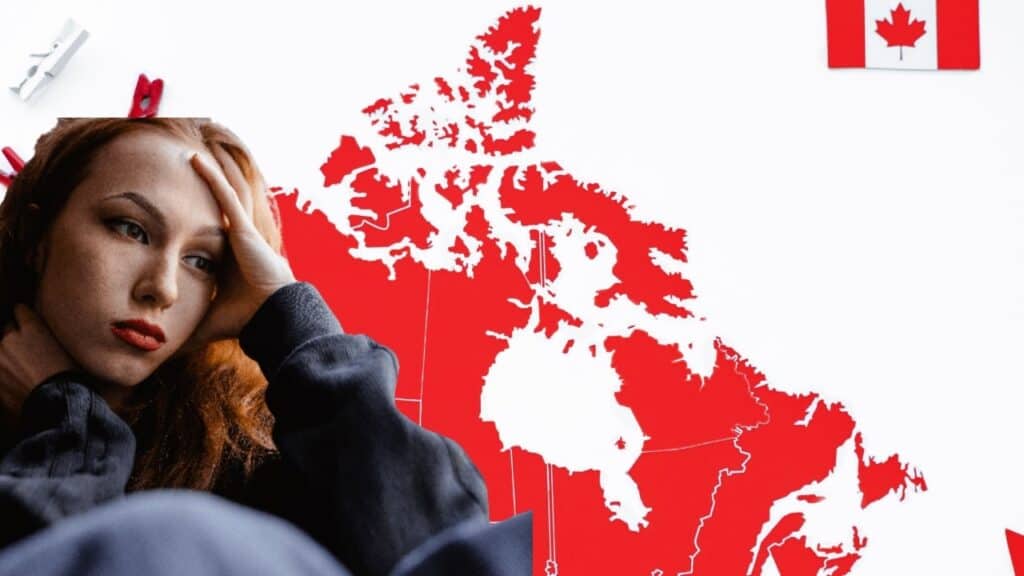As the COVID-19 pandemic continues, we hope that you, your family, and your friends are safe, healthy, and secure. Ira Smith Trustee & Receiver Inc. is fully operational, and both Ira and Brandon Smith are readily available for phone or video consultations.
Financial blog Canada introduction
At this time of year, I like to look back at all the blogs I wrote and tell you which ones were the most popular during the year. Regular readers would know that I regularly write about insolvency, bankruptcy, and estate matters for a different kind of financial blog Canada.
I always enjoy seeing which blogs received the most attention as the year ends. My top posts for 2021 will be of interest to many of you, I’m sure.
Financial blog Canada: A good Canadian personal finance blog should be interesting
The best financial blog Canada is interesting, informative, and useful to Canadians. By providing useful information, it should also help readers make better financial decisions. A good blog also includes video content. Blogs that are updated regularly are the best.
I hope that this year I have provided you with Brandon Blogs that are interesting and have those other qualities that make a good financial blog Canada.

Financial blog Canada: A Canadian finance blog should provide you with tips you can apply to your everyday life
Typical articles on a Canadian financial blog should include personal finance tips such as:
- Tips for saving money
- Investing
- Debt management
- Money management
- Retirement planning
- Avoiding scams
- Protecting yourself from identity theft
It goes without saying that I do not write about how to invest wisely in my Brandon Blog concerning insolvency, bankruptcy, and estate matters. Many of my articles have dealt with debt management, whether it is personal or corporate. A common theme in my personal insolvency blogs is debt from credit cards, financial literacy and the need for proper family budgeting.
I have also written about identity theft. By following the advice I give on my personal insolvency blogs, you will be solvent and have savings as you approach retirement.
Financial blog Canada: Money blogs in Canada should speak to Canadians, eh
A Canadian finance blog should offer personal finance content that speaks to Canadians, right? Indeed. In Canada, money blogs should be written by financial bloggers who are familiar with the nuances of Canadian corporate and personal finances as well as the realities of Canadian financial life. That’s why I think Canadians write the best blogs for Canadians. Hopefully, you will find that the Brandon Blog covers issues of particular interest to Canadians and is best suited to Canadian audiences.

Financial blog Canada: My 10 best read Brandon Blogs in 2021 in review
Here in order from #10 through to #1 each blog post from 2021 based on total views:
10. SHARIA LAW IN CANADA: HEARTBREAKING DIVORCE, RELIGIOUS MARRIAGE CONTRACTS, COURTS AND BANKRUPTCY
In this February 24, 2021 blog, I discuss Sharia law in Canada, religious divorce claims in Ontario, bankruptcy law, and divorce in Ontario.
9. FORM 31 PROOF OF CLAIM: HOW TO PROPERLY COMPLETE THE PROOF OF CLAIM
For both personal and corporate insolvency files, I discuss why it is important to complete form 31 proof of claim completely in this October 3, 2018 blog. I explain why it needs to be done correctly. I also provide a link that you can click on to see how to properly complete the form step by step.
8. 40 PARK LANE CIRCLE, 44 PARK LANE CIRCLE TORONTO FOR SALE: ARE FINANCIAL PROBLEMS CONTAGIOUS?
The Brandon Blog from March 31, 2015 remains popular. As it seems, life on Toronto’s very exclusive Bridal Path is not always as it seems. We tend to categorize those who own these properties as “the rich and famous”, when in fact some of them are “not so rich and infamous”. A couple of Bridal Path properties have attracted quite a bit of attention: #40 Park Lane Circle, formerly owned by Mahvash Lechcier-Kimel, and #44 Park Lane Circle, formerly owned by Norma Walton and Ronauld Walton.
7. EVANDER KANE: HOW TO EXPLAIN HIS GAMBLING DEBT AND OTHER PROBLEMS BANKRUPTCY TO HIS BOSS
Evander Kane, an NHL hockey player with the San Jose Sharks, filed for voluntary bankruptcy in the United States Federal Court under Chapter 7. I discuss the causes of his bankruptcy and his downfall in this January 13, 2021 blog post. As well, I mention other professional athletes who have bankrupted themselves after earning megabucks.
6. HOW LONG DOES PROBATE TAKE IN ONTARIO? 7 QUESTIONS NEWBIE ONTARIO ESTATE TRUSTEES ARE EMBARRASSED TO ASK
My Brandon Blog post on May 26, 2021, addresses the question, how long does probate take in Ontario, as well as six other frequently asked questions we are asked as an Estate Trustee in our Smith Estate Trustee Ontario business.
5. WHAT HAPPENS IF YOU DIE WITHOUT A WILL IN ONTARIO? READ OUR INTENSE ANALYSIS
The goal of this August 12, 2020, Brandon’s Blog is to provide general information about what happens if you die without a will in Ontario.
4. SOMETIMES EVEN A BONA FIDE SHARK NEEDS BANKRUPTCY AND INSOLVENCY HELP
The April 8, 2019 blog is about a product that was featured on Shark Tank season 8. Fizzics is a machine that improves the taste and quality of beer through sound waves. Despite this, not even a Shark could save the company from insolvency and bankruptcy Chapter 11 protection. In other words, a wonderful and ingenious invention marketed by a Shark might not be of much interest to the public.
3. CREDIT CARD DEBT AFTER DEATH IN CANADA: WHO IS RESPONSIBLE?
This blog was published on August 7, 2019. Among other questions, this one is quite common when dealing with deceased estates in bankruptcy. So I thought it might make for an interesting blog to answer, what I have found to be, the most asked question dealing with what happens to debt when you die in Canada.
2. WHAT HAPPENS TO MORTGAGE WHEN YOU DIE CANADA: AMAZING DEBT PHILOSOPHY EXPLAINED
This blog from October 9, 2019, is still popular. As part of my Estate Trustee series, I wrote about what happens to your mortgage when you die in Canada.
1. HOW TO BEAT 407 PLATE DENIAL RULES EACH AND EVERY MONTH FOREVER
In 2021, this March 10, 2021, Brandon Blog was the most read of my blogs by a wide margin. It is about other than paying your 407ETR invoice in full, the only sure-fire way of beating the 407 plate denial rules. I wrote the blog because I thought it would be helpful to GTA residents, but I did not expect it to get the readership that it has and continues to get.

Financial blog Canada summary
I hope you found this financial blog Canada Brandon Blog informative. Are you or your company in financial distress and a debt crisis? Are you embroiled in costly litigation or a crushing debt load and need a time out in order to restructure? Do you not have adequate funds to pay your financial obligations as they come due? Are you worried about what will happen to you in retirement? Do you need to search out what your debt relief options and realistic debt relief solutions for your family debt are? Is your company in financial hot water?
Call the Ira Smith Team today. We have decades and generations of experience assisting people looking for life-changing debt solutions through a debt settlement plan and AVOID the bankruptcy process.
As licensed insolvency professionals, we are the only people accredited, acknowledged and supervised by the federal government to provide insolvency advice and to implement approaches to help you remain out of personal bankruptcy while eliminating your debts. A consumer proposal is a government-approved debt settlement plan to do that. It is an alternative to bankruptcy. We will help you decide on what is best for you between a consumer proposal vs bankruptcy.
Call the Ira Smith Team today so you can eliminate the stress, anxiety, and pain from your life that your financial problems have caused. With the one-of-a-kind roadmap, we develop just for you, we will immediately return you right into a healthy and balanced problem-free life.
You can have a no-cost analysis so we can help you fix your troubles.
Call the Ira Smith Team today. This will allow you to go back to a new healthy and balanced life, Starting Over Starting Now.





